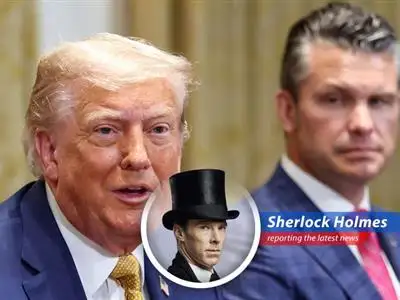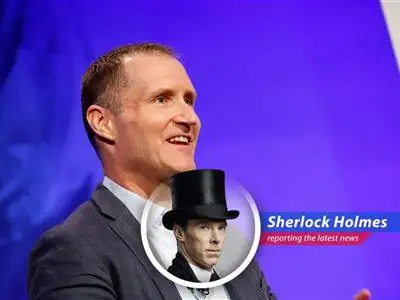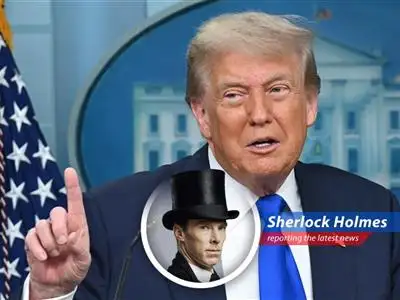
The Curious Case of the Disappearing Dollars
The game my dear Watson is afoot! Newly minted graduates fresh from the hallowed halls of academia find themselves facing a conundrum worthy of my deductive powers: the perplexing problem of saving for retirement amidst the chaos of burgeoning adulthood. Responsibilities loom like Moriarty's shadow threatening to eclipse the vital task of investing. But fear not! For even the most baffling financial puzzle can be solved with a keen eye and a bit of elementary arithmetic.
The Bohemian Budget and the Beauty of Compound Interest
Brad Klontz a financial psychologist (a breed almost as peculiar as some of my clients) posits that these early years are the golden age for future millionaires. 'You see Watson it is the absolute best time to set yourself up to be a multi millionaire effortlessly,' he claims. No need for elaborate schemes or endless market research. A simple 'set it and forget it' approach much like Mrs. Hudson's unwavering faith in my eccentricities is all that's required. The key my dear fellow lies in the magic of compound interest – a concept as elegant and potent as a well aimed deduction. As I said: 'Data! Data! Data! I can't make bricks without clay.'
The Hound of the Market Volatility
Ah market volatility! A beast that frightens many but one that holds no terror for the astute observer. Recent headlines may scream of economic peril but I urge you ignore the cacophony. As Lan Anh Tran wisely notes 'Time in the market beats timing the market.' The U.S. stock market may have taken a tumble in April but it has already dusted itself off and risen again. Like a phoenix from the ashes or perhaps like me after a particularly grueling case.
A Scandal in ETFs
Todd Sohn suggests maximizing investment contributions even if it means foregoing a few extravagances – a notion that may require a Herculean effort for some. Think of it my dear Watson as an investment in your future comfort a far more satisfying reward than any fleeting pleasure. Sohn advocates index funds and ETFs those 'go to building blocks of portfolios,' as a solid foundation. Warren Buffett a man of considerable wealth and wisdom suggests a blend of 90% stocks and 10% bonds to 'smooth out' returns. A strategy as sound as my methods of deduction I assure you.
The Sign of the Three Low Cost Funds
When selecting your investment vehicles prioritize low cost options from reputable firms like iShares Vanguard or State Street. Remember even a seemingly insignificant fee can erode your returns over time. Vanguard S&P 500 ETF has an expense ratio of 0.03% a mere pittance compared to the potential rewards. These funds like a well organized crime scene offer a wealth of information for the discerning investor. The Largest ETFs for stock and bond market exposure are: Vanguard S & P 500 ( VOO ) SPDR S & P 500 ( SPY ) iShares Core S & P 500 ( IVV ) Vanguard Total Stock Market ( VTI ) Invesco QQQ ( QQQ ) Vanguard Growth ( VUG ) Vanguard FTSE Developed Markets ( VEA ) iShares Core MSCI EAFE ( IEFA ) Vanguard Value ( VTV ) Vanguard Total Bond Market ( BND ) iShares Core U.S. Aggregate Bond ( AGG ).
The Final Problem: Tolerance for Risk
While a diversified portfolio forms the bedrock of your financial strategy Sohn encourages exploring thematic investments such as AI natural resources or even cryptocurrency. However tread carefully as these ventures carry a higher degree of risk. Limit such investments to a small percentage of your overall portfolio. Above all understand your risk tolerance. 'Will market volatility affect my comfort?' a question as crucial as 'Is Moriarty truly dead?' The key is to avoid emotional reactions driven by anxiety. As I always say 'It is a capital mistake to theorize before one has data.'













krunion
Indeed, starting early is paramount. I wish I had heeded this advice sooner.